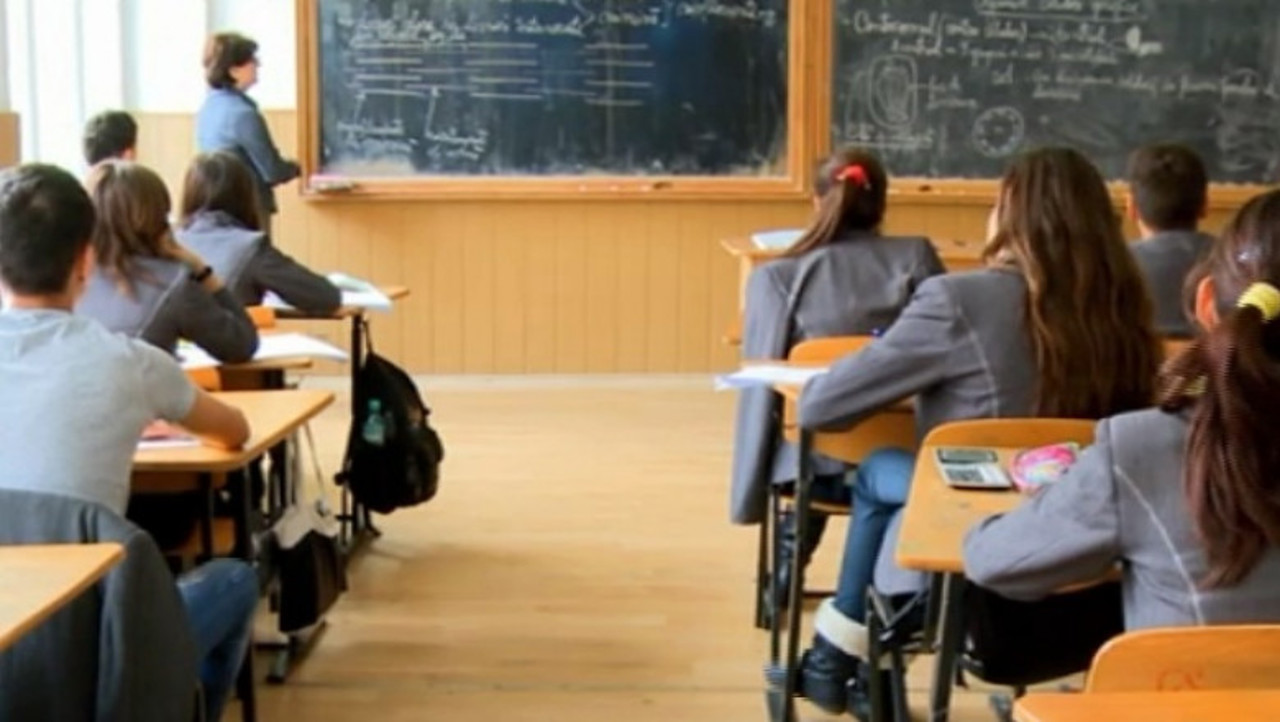Teaching Exodus in Moldova: Can Higher Pay Fix It?
Nearly one thousand students with degrees in education graduate each year, but only a third choose to pursue teaching careers.

According to Natalia Grîu, a former secretary of state at the Ministry of Education and Research interviewed by Moldova 1, many educators leave the profession after receiving a financial incentive due to the challenging nature of the job. Grîu emphasises the need for long-term solutions to address the teacher shortage. She proposes a significant salary increase of 100-200%, which would attract both young graduates and experienced professionals to the field.
“I believe a financial incentive alone is insufficient,” Grîu stated. “We need long-term measures that motivate teachers not just to accept the initial financial benefit, but to remain in the profession over time. This requires improved working conditions to prevent bullying targeted towards young teachers. After five years, if they return to a lower, unmotivating salary, they will have little reason to stay in education. Therefore, any intervention must address the needs of all educators, not just new hires.”
The Moldovan government recently approved increased allowances to encourage graduates to teach in rural schools. Those graduating from the Pedagogical University can now receive a 200,000 lei allowance for a five-year commitment, while college graduates receive 160,000 lei. These measures aim to address the critical shortage of teachers in Moldovan schools. The Ministry of Education will hold a competition to advertise these teaching vacancies. Interested students and graduates will submit applications, and a committee will determine placements for these young professionals.
Translation by Iurie Tataru





